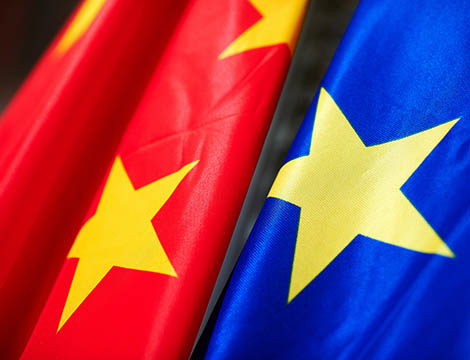
This article was originally published by the Polish Institute of International Relations on 27 July 2016.
The latest EU-China summit confirmed the increasing discrepancies between the two sides. China, in protecting its own market, treats European investors unevenly. Simultaneously, the PRC is seeking unlimited access to the EU market to export products resulting from its overcapacity. The EU is concerned about subsidised Chinese exports, which may increase unemployment in Europe. There are rifts in the normative domain as well: China has not accepted an arbitration tribunal’s decision about the South China Sea. The EU, in supporting peaceful means of resolving international disputes, has acknowledged the ruling. Now more than ever, the member states should take into account the European context of relations with the PRC and coordinate their policies towards China with the EU institutions.
The latest EU-China summit (12–13 July) was held after the release of a new EU strategy towards China and coincided with an announcement by an arbitration tribunal of its decision about the South China Sea.[1] The new strategy is the EU’s response to China’s global ambitions and the increasing number of problems in bilateral relations. The noticeable differences in the topics raised by the two sides during the summit vindicates the assumption of deepening discrepancies, including asymmetry in relations at the expense of the EU.
